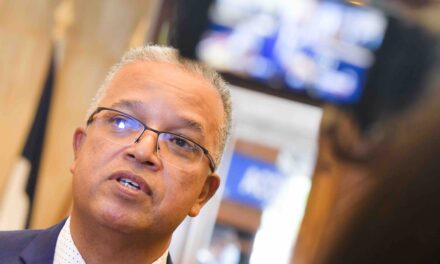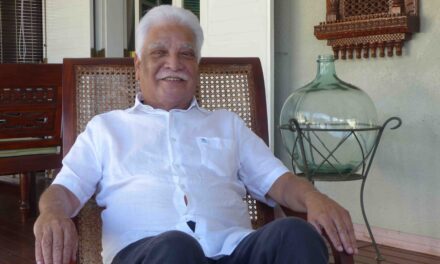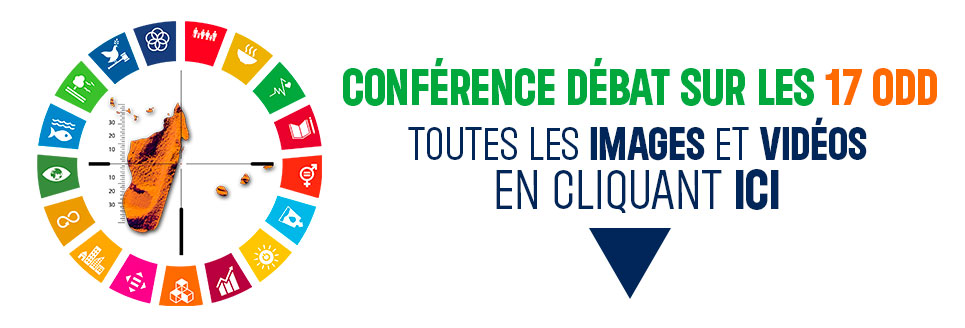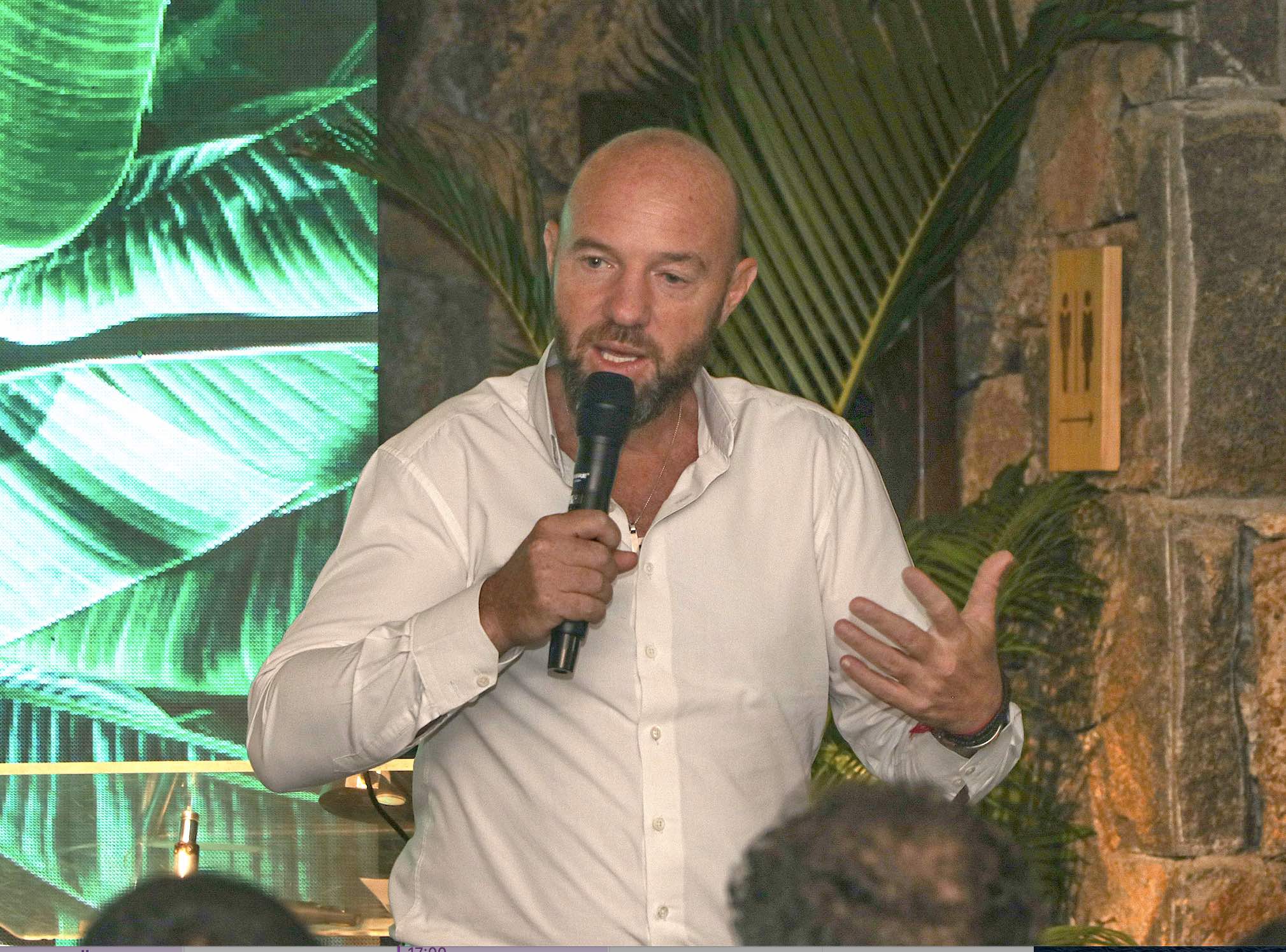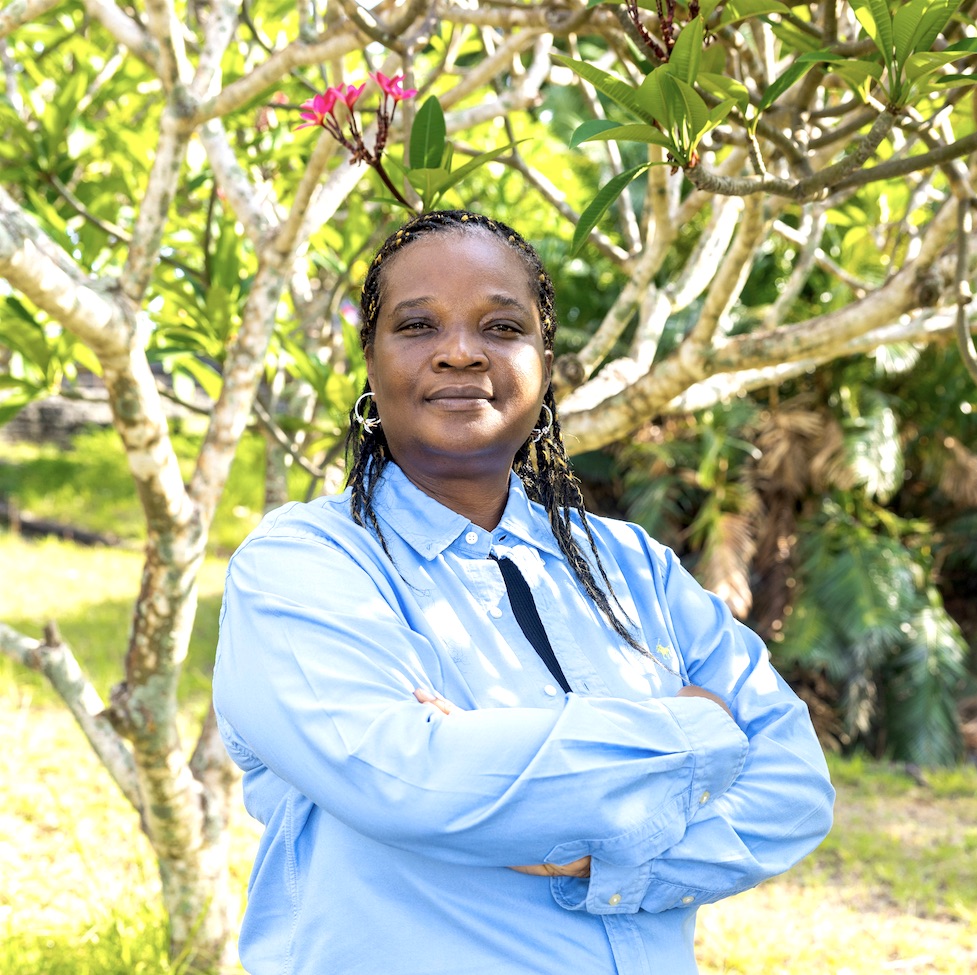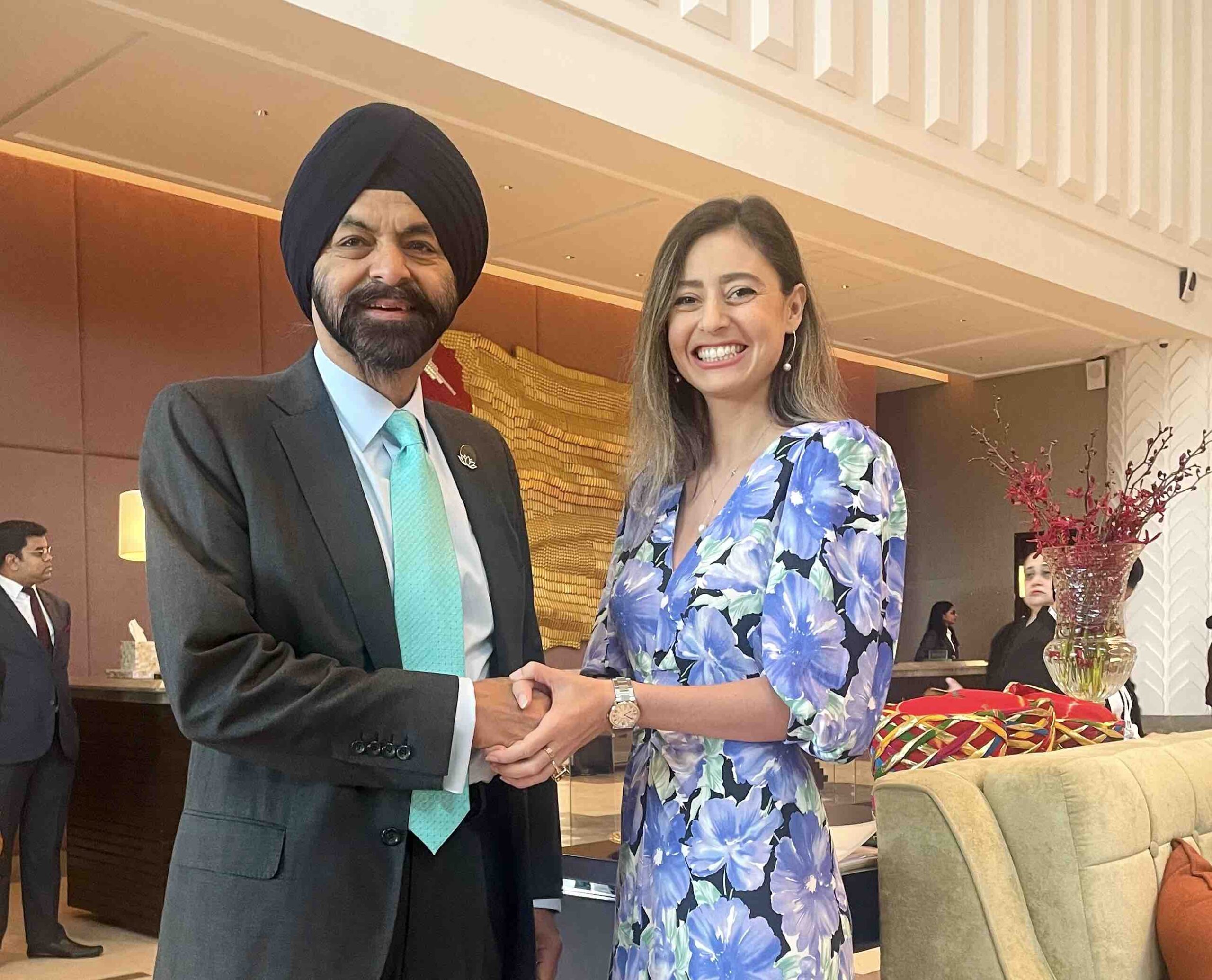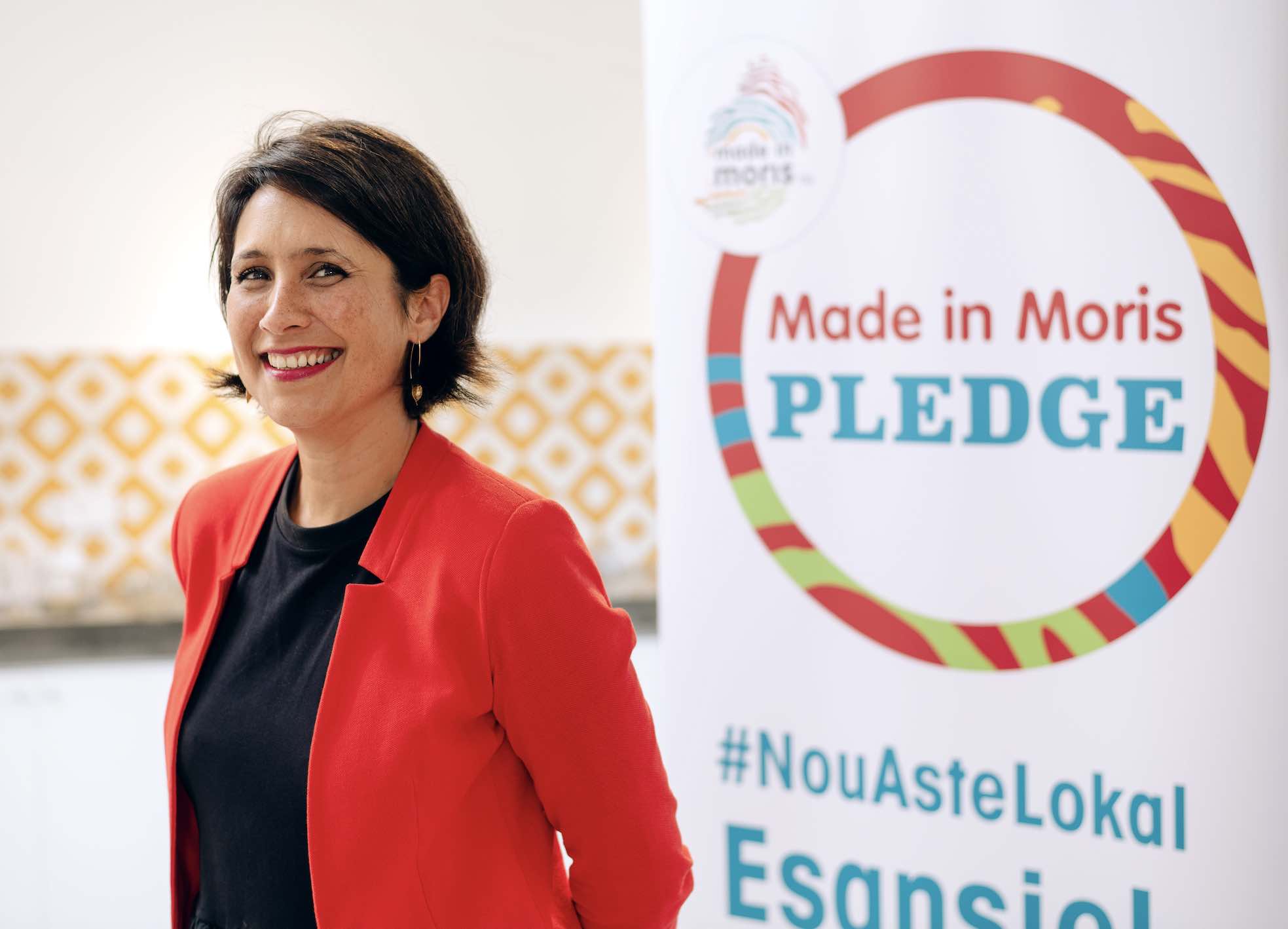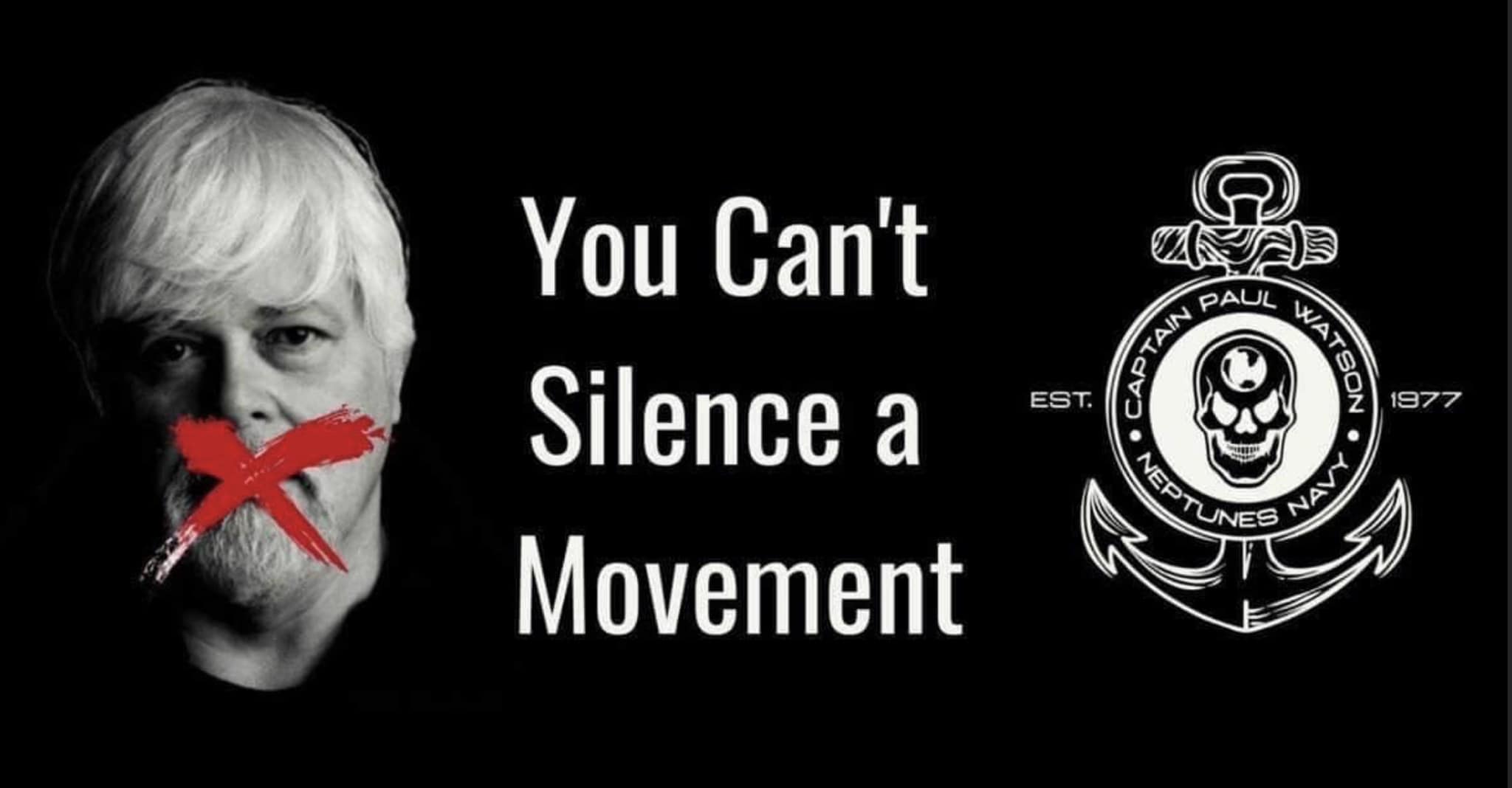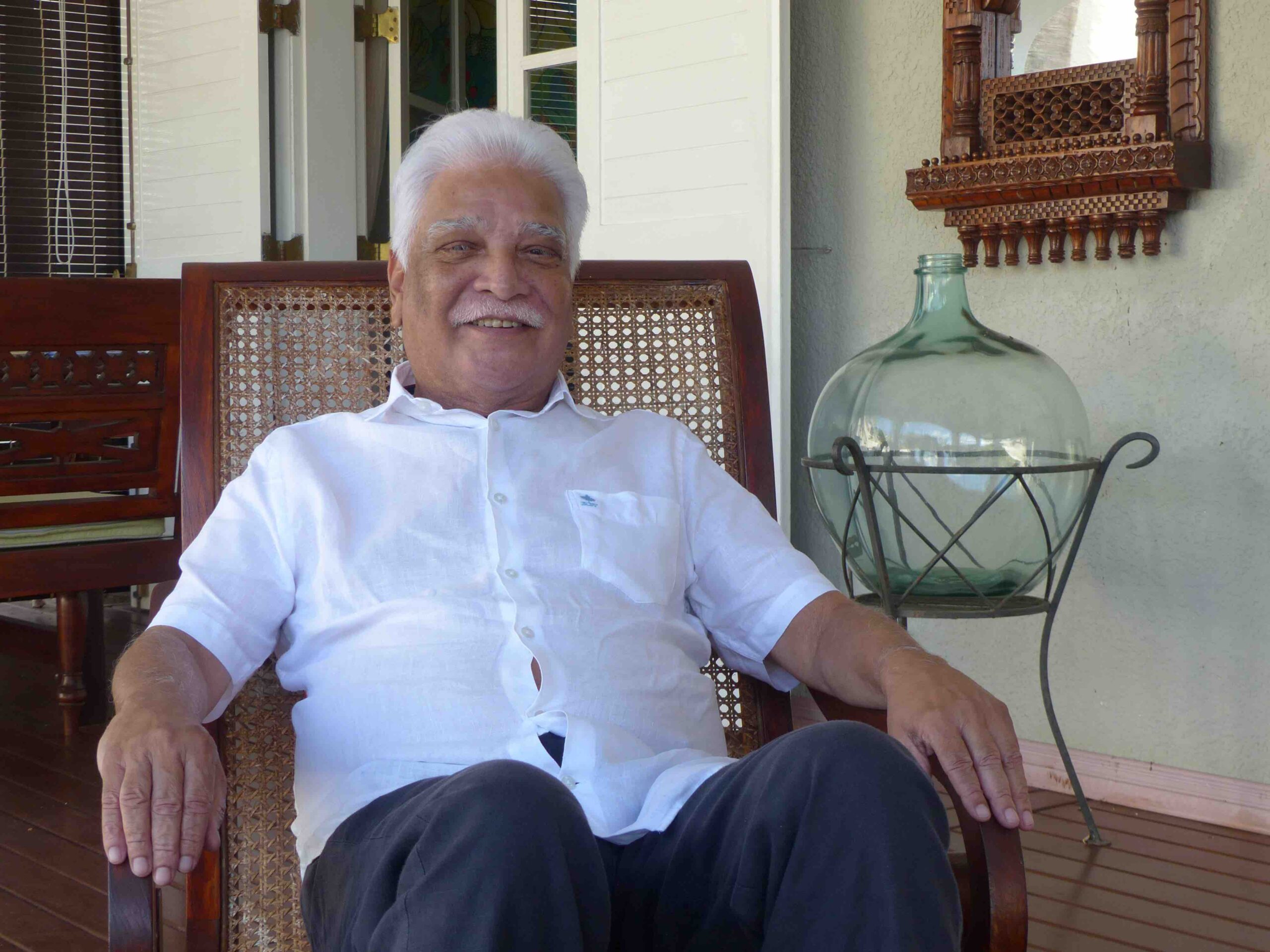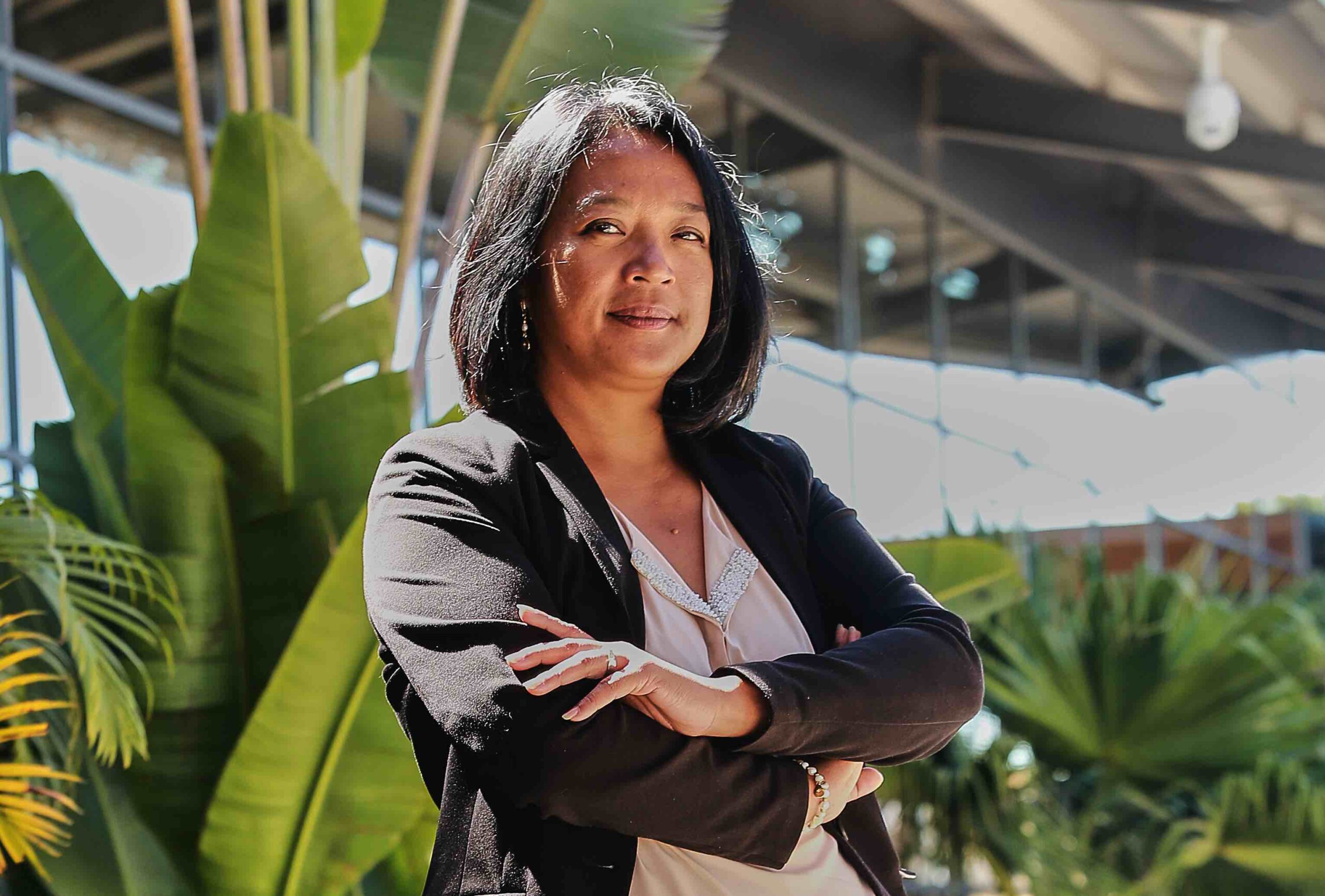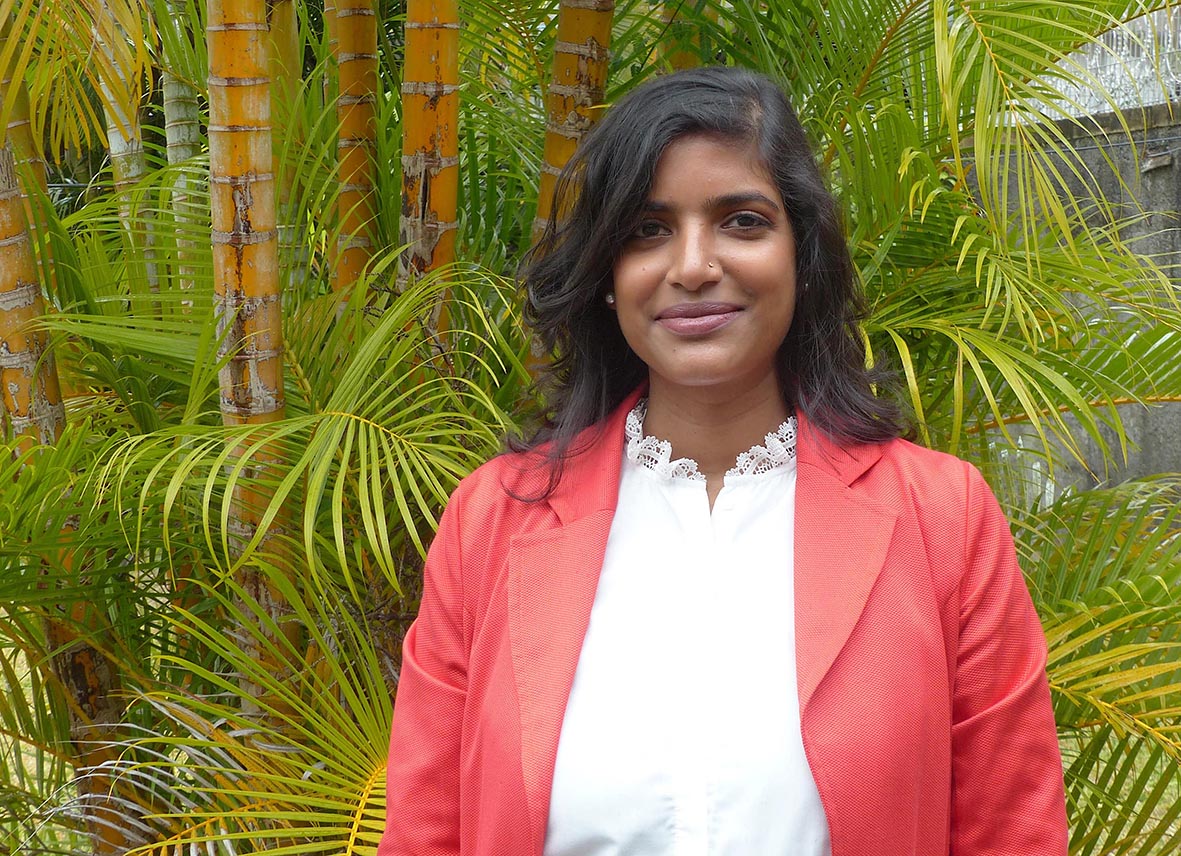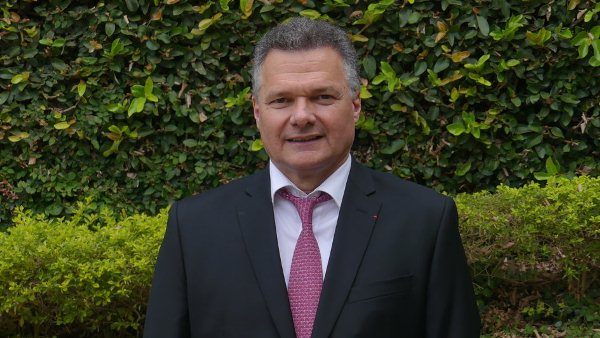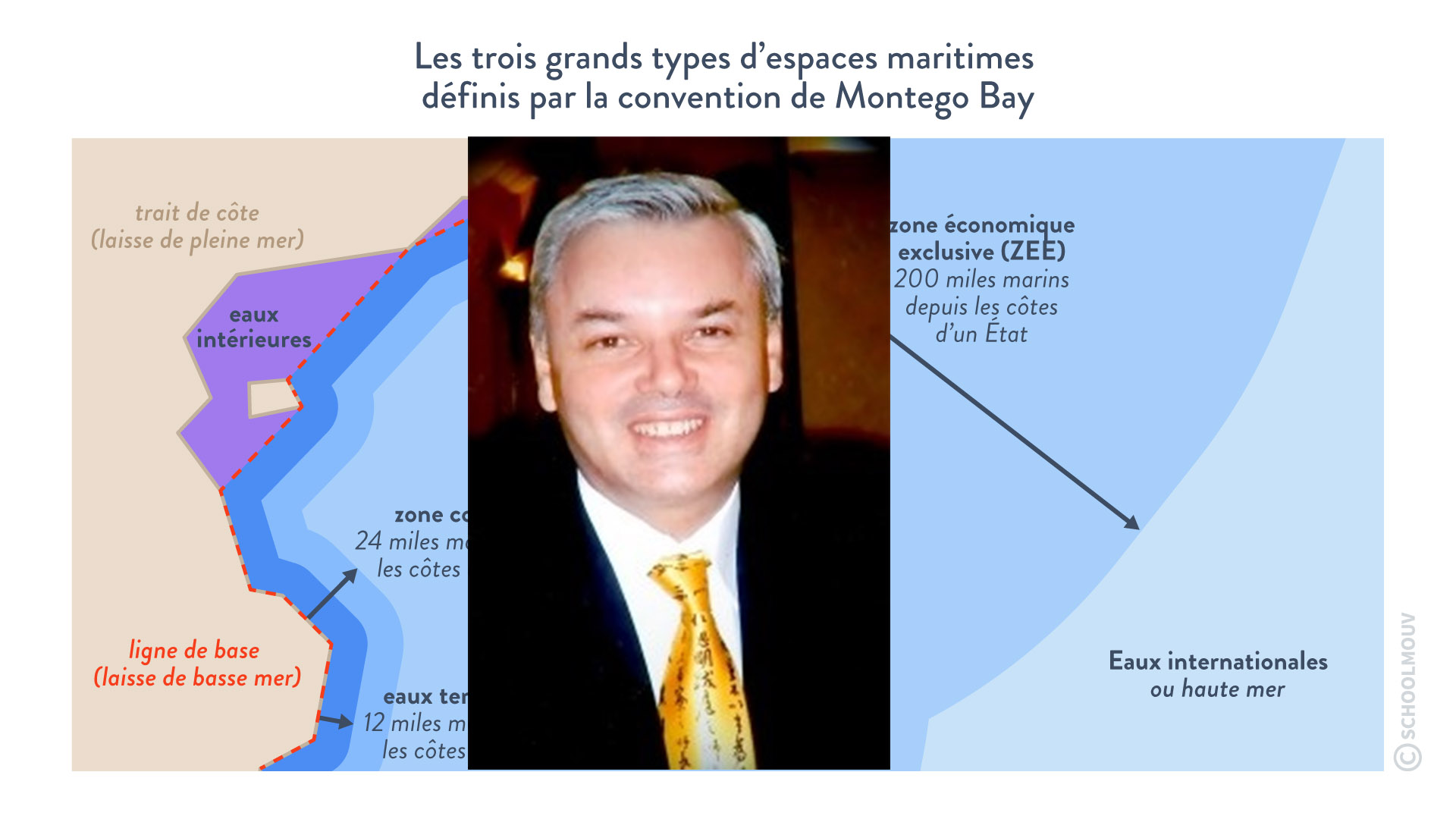In her presentation at the Dale Carnegie Executive Think Tank on November 20, 2024, held at the Intercontinental Hotel in Mauritius, Kelly Beaver, CEO of Ipsos UK & Ireland, offered thought-provoking insights into the shifting landscape of global consumer behavior. Drawing from the Ipsos Global Trends study, a decade-long research project spanning 50 markets and representing over 70% of the world’s population, she explored key themes shaping public opinion and business strategies today. Beaver emphasized the need for leaders to stay attuned to the evolving values of consumers, address pressing societal challenges like climate change and inequality, and build trust through authenticity and action.
PHOTO (DR) : Kelly Beaver, CEO of Ipsos UK & Ireland, made a presentation the Dale Carnegie Executive Think Tank on November 20.
Le journal des Archipels: According to Ipsos’ latest report on global trends, the new nihilism trend is confirmed. What should brands and businesses know about this major trend? Specifically, what should Mauritian brands targeting European consumers, such as in the tourism industry, consider?
Kelly Beaver: ‘Nouveau nihilism’ arises from a growing gap for many consumers between their aspirations for life and what they feel they can afford. This can manifest as greater focus on living in the moment, or as a rejection of those traditional life goals completely.
This trend poses both threats and opportunities for brands and businesses, including the Mauritian tourism industry. Consumers could reject some products and services if they are too closely tied to a traditional view of the successful life. For instance, the classic honeymoon trip to Mauritius might lose its appeal in European societies where fewer people aspire to marriage.
However, Mauritian tourism could benefit by offering fresh, hedonistic experiences that resonate with consumers’ increasing willingness to live for the moment.
JDA : What about concerns around climate change among global and European consumers? Can businesses and governments afford to ignore environmental issues? What advice would you give to brands on this topic?
KB: What we find in Global Trends is that while a large majority of consumers – in Europe and around the world – express strong concerns about combating climate change, they remain unsure how they can personally make an impact.
Consumers are looking for far greater levels of leadership from governments and from businesses on this issue. Companies must demonstrate that they are paying regard to the environment in all aspects of their operations.
However, these actions have to feel genuine to influence consumer behavior. A smart approach is to present environmental benefits as ‘co-benefits.’ For example, rather than focusing solely on their environmental impact, electric vehicles can be marketed as providing an enhanced driving experience, with the added benefit of being eco-friendly.
JDA: In light of the results from your latest report, what is your perspective on addressing wealth inequality? What roles do governments and brands play in tackling this issue?
KB : This is undoubtedly a complex issue! At Ipsos, we view rising income inequality as a “macro force” – a shift that is felt around the world. The biggest changes are not in levels of income between countries, but widening income gaps between people living in the same country, making it a more salient divide for citizens.
While dealing with the root causes of inequality is a deeply political question, there is a lot brands and governments can make a difference by acknowledging and easing people’s struggles. This might include focusing on charitable initiatives that benefit those within the country, or reassuring citizens about how vulnerable groups will be protected from the impact of policies like the green transition.
“In a complex social media landscape trust is more easily won, but also more easily lost.”
JDA: The Ipsos study emphasizes the importance of brands playing up their local ties. Does this apply to a small economy like Mauritius?
KB: Changing views of global and local brands is one of the biggest changes we’ve tracked in the ten years of Ipsos Global Trends. The quality premium traditionally enjoyed by brands from Europe and the US has been eroded, as genuine competitors emerge from the rest of the world.
When it comes to thinking about local ties in a smaller economy, this can be as much about showing an understanding of local interests and customs as it is proving a direct link – understanding local consumers’ expectations, reflecting their context, and showing empathy with them.
JDA : Health consciousness is one of the major trends highlighted in Ipsos’ report. How is this relevant for brands’ strategies?
KB : The big shift in health conscientiousness is the continued focus on mental health – this is a worldwide trend we have been tracking for some time. It is important for brands far beyond the health and wellbeing space: consumers will expect brands in tech, food and beverage, automotive and elsewhere to show how they are helping people to protect their mental health.
JDA: Finally, what should brands know about consumer expectations regarding values and trust today?
KB: We’ve seen big increases in the expectation from consumers that the brands they interact with reflect their values and worldview. This comes with plenty of risk, there are many examples of failed brand value pitches which failed to be authentic and land with consumers. In part this is tied to the issue of trust: in a complex social media landscape trust is more easily won, but also more easily lost.




